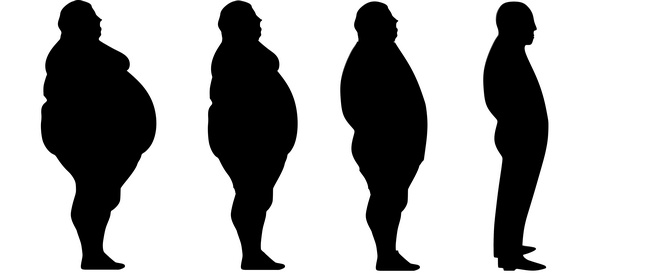Testosterone, a crucial hormone for both men and women, plays a significant role in various bodily functions including muscle development, mood regulation, and overall energy levels. However, determining the appropriate dosage of testosterone is vital for achieving therapeutic benefits while minimizing potential side effects. This article explores the factors influencing testosterone dosage, the different forms available, dosage guidelines, and essential considerations for those considering testosterone therapy.
Factors Influencing Testosterone Dosage
Several factors can influence the necessary dosage of testosterone. These include:
- Age: Testosterone levels naturally decline with age, particularly after the age of 30.
- Gender: Men typically require higher doses compared to women due to physiological differences.
- Medical Conditions: Conditions such as hypogonadism, obesity, and chronic illness may affect testosterone needs.
- Body Composition: Individuals with higher body fat percentages may metabolize testosterone differently.
- Current Medications: Certain medications can interact with testosterone, necessitating dosage adjustments.
Forms of Testosterone
Testosterone is available in several formulations, each with its own recommended dosage guidelines:
Injectable Testosterone
This form is usually administered intramuscularly or subcutaneously. Common types include testosterone enanthate and testosterone cypionate. Typical dosage ranges from:
– **50 mg to 400 mg every 2 to 4 weeks** depending on individual needs and doctor recommendations.
Testosterone Gels and Creams
Topical applications provide a convenient way to administer testosterone. The recommended dosage generally includes:
– **5 g to 10 g of gel daily**, delivering approximately 50 mg to 100 mg of testosterone respectively.
Pellets
Testosterone pellets are implanted under the skin and release the hormone gradually. The usual dosage consists of:
– **Implanting 200 mg to 600 mg every 3 to 6 months**, based on hormonal levels and physician advice.
Oral Testosterone
Though less commonly prescribed due to liver-related concerns, oral testosterone can be an option. Typical dosages might range from:
– **10 mg to 50 mg daily**, closely monitored by a healthcare provider.
When it comes to testosterone dosage, it’s crucial to follow the prescribed amount by a healthcare professional. Overdosing or underdosing can lead to various health complications. For those looking to order testosterone, it’s recommended to do so from a reliable source. One such source is Testosterone order from TestosteronepillsUK, which offers a variety of testosterone products to suit different needs and preferences.

Dosage Guidelines and Monitoring
Initiating testosterone therapy should always begin with a thorough evaluation by a healthcare professional who specializes in hormone therapy. Key steps in this process include:
1. **Baseline Assessment:** Reviewing medical history, symptoms, and conducting blood tests to measure serum testosterone levels.
2. **Starting Dosage:** Healthcare providers commonly start patients on lower doses and adjust based on response and blood test results.
3. **Regular Monitoring:** Routine follow-up appointments ensure proper adjustment of dosage and monitoring of potential side effects, which can include:
– Acne
– Sleep apnea
– Increased red blood cell count
– Mood swings
Potential Risks of Incorrect Dosage
Mismanagement of testosterone dosage can lead to serious health issues, including:
– **Cardiovascular Problems:** An increased risk of heart attack and stroke has been associated with excessive testosterone levels.
– **Hormonal Imbalance:** Both overdosing and underdosing can lead to significant hormonal fluctuations, impacting overall health.
– **Prostate Issues:** Elevated testosterone can stimulate prostate growth, potentially leading to benign prostatic hyperplasia or prostate cancer.
Conclusion
In summary, achieving the right testosterone dosage is paramount for effective treatment and health management. Understanding the various forms of testosterone, the factors that influence dosage requirements, and the importance of medical guidance can help individuals navigate their hormone therapy safely and effectively. Regular monitoring and open communication with healthcare professionals are essential to optimize therapy and avoid complications..